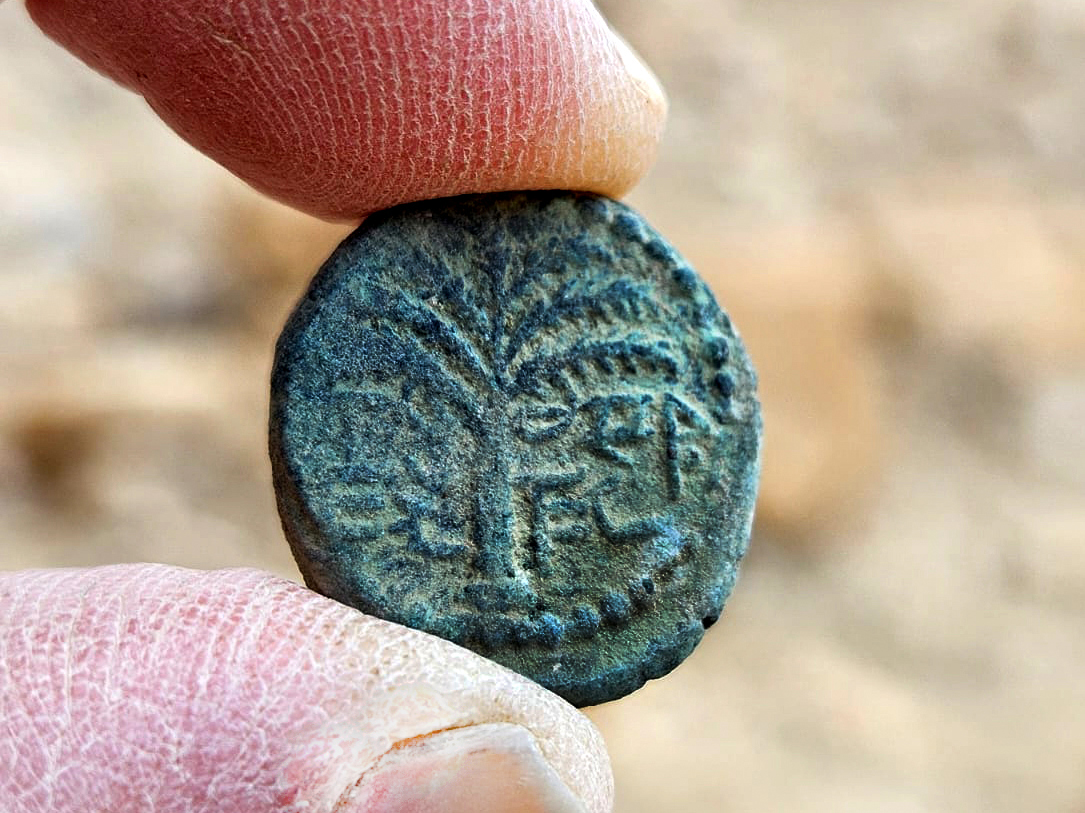In a groundbreaking archaeological discovery, a 2,000-year-old coin engraved with the name “Eleazor the Priest” has been unearthed in Israel, shedding new light on the rich tapestry of biblical history and its figures. This significant find, dating back to a century before the birth of Christ, offers a tangible connection to the religious and societal structures of ancient times, potentially referencing a religious leader of that era.
The engraving “Eleazor the Priest” holds profound implications for biblical scholars and historians, as it could provide insights into the priesthood during the Second Temple period, a time of great significance in Jewish history. The Second Temple period is known for its complex religious practices and the pivotal role of the priesthood in Jewish society. Priests during this time were responsible for conducting sacrifices, maintaining the Temple, and teaching the laws of the Torah, playing an essential role in the spiritual and social life of the Jewish people.
The discovery of the coin not only enriches our understanding of the religious hierarchy and practices of the time but also brings the narratives of the Bible to life, offering a physical connection to the names and titles mentioned in the scriptures. The priesthood, as described in the Bible, was a hereditary position within the tribe of Levi, with the high priest holding the highest religious authority. The mention of “Eleazor the Priest” on the coin could point to the lineage of priests that served in the Temple, providing a direct link to the biblical accounts of the priesthood’s role in ancient Israel.
This remarkable find underscores the ongoing relevance of archaeological research in illuminating the historical contexts behind biblical stories, offering believers and scholars alike a deeper appreciation of their faith’s roots. As excavations in the Holy Land continue to uncover artifacts from the past, each discovery adds a new layer to our understanding of the complex and intertwined histories of religion, culture, and human civilization.
Joshua Navarrete, Political Pulpit



